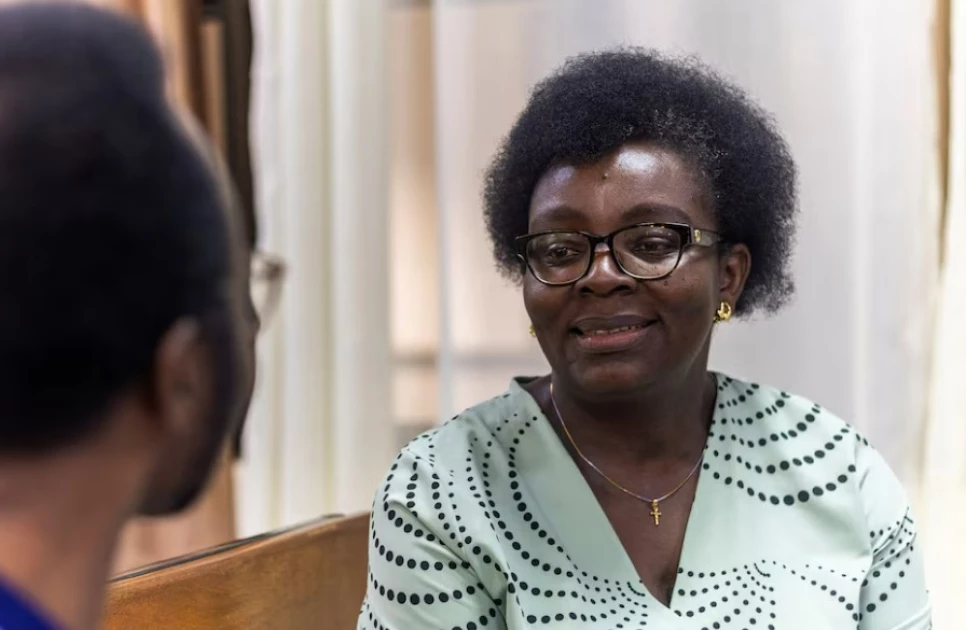Rwanda arrests opposition leader Victoire Ingabire for alleged incitement

Ingabire, who was previously jailed and later released in 2018, has long been a vocal critic of President Paul Kagame’s administration.
Prominent Rwandan opposition figure Victoire Ingabire has been arrested once again, this time accused of forming a criminal organisation and inciting public disorder, the Rwanda Investigations Bureau announced late Thursday, reigniting fears of political repression in the country.
Ingabire, who leads the unregistered opposition party DALFA–Umurinzi, is no stranger to controversy or confrontation with Rwandan authorities. She returned from exile in 2010 to contest that year’s presidential election but was barred from running after facing accusations of genocide denial.
In 2012, she was sentenced to prison on charges of conspiring to form an armed group and minimizing the 1994 genocide, charges she denied. She was released in 2018.
Now, the Investigations Bureau says Ingabire is under arrest for allegedly "playing a role in creating a criminal organisation and engaging in acts that incite public disorder."
However, the agency did not specify when she would be presented in court.
Her legal team believes the arrest is politically motivated. “For us, this is a continuation of a long process of intimidation and political harassment against Victoire and her supporters,” said Iain Edwards, one of her international lawyers.
He added, “It’s to silence her and to warn others not to speak out against the government. People always fear for the lives of political opponents in Rwanda. I certainly fear for her life.”
The Rwandan government has not yet responded to requests for comment. A message and phone call to government spokesperson Yolande Makolo went unanswered.
Ingabire’s arrest comes at a time of increased scrutiny on Rwanda’s political space, especially following last year’s presidential election where President Paul Kagame secured a landslide victory with 99.18% of the vote.
Kagame has been in power for over 25 years and is credited with rebuilding Rwanda’s economy after the 1994 genocide. But his administration has also faced mounting criticism from rights groups over alleged human rights violations and the repression of dissent.
Regional and international observers continue to express concern over what they describe as shrinking political freedoms in the country, especially for those who challenge Kagame’s rule.
